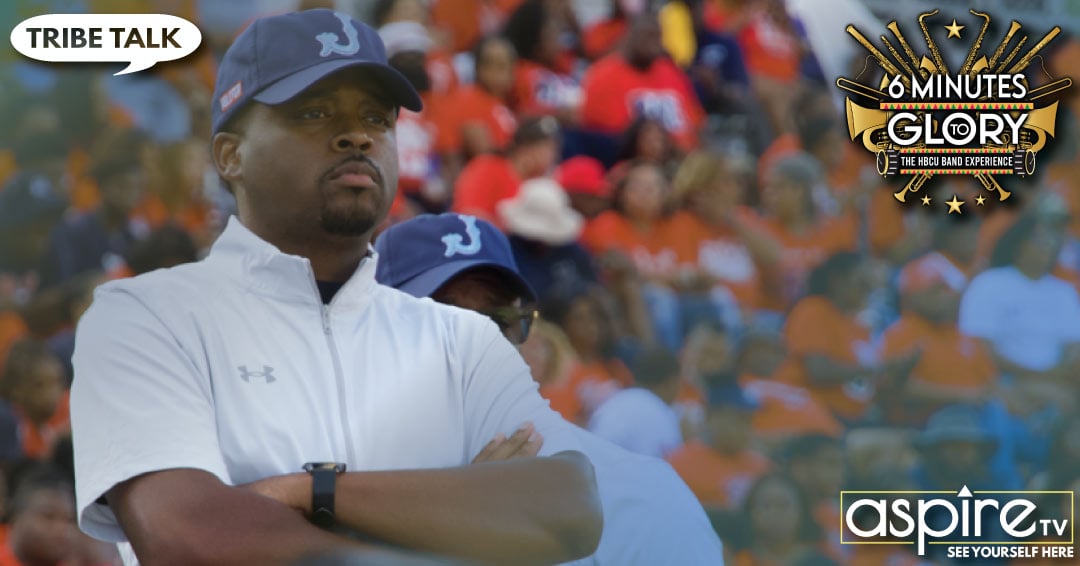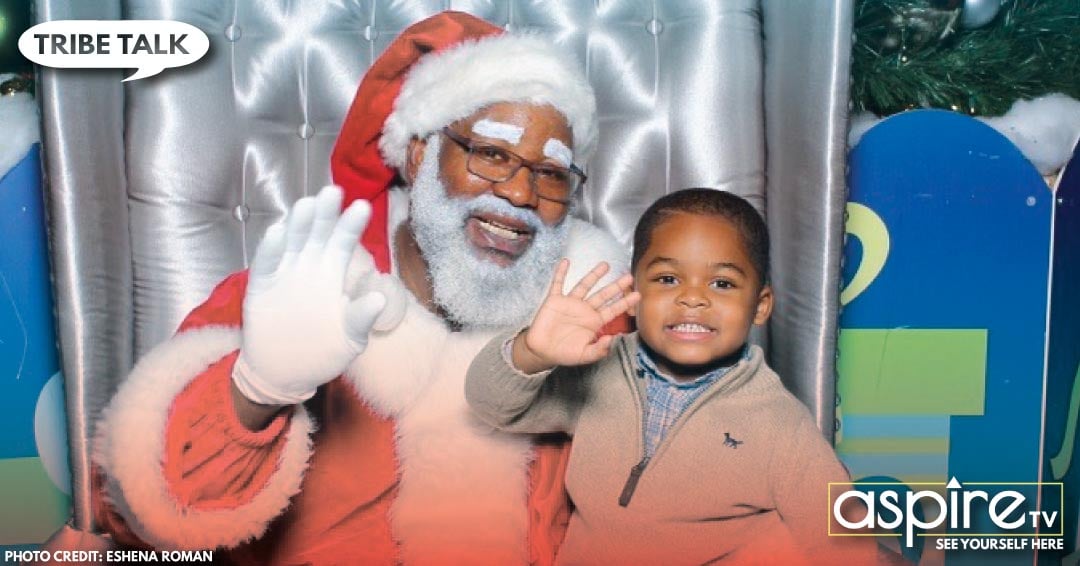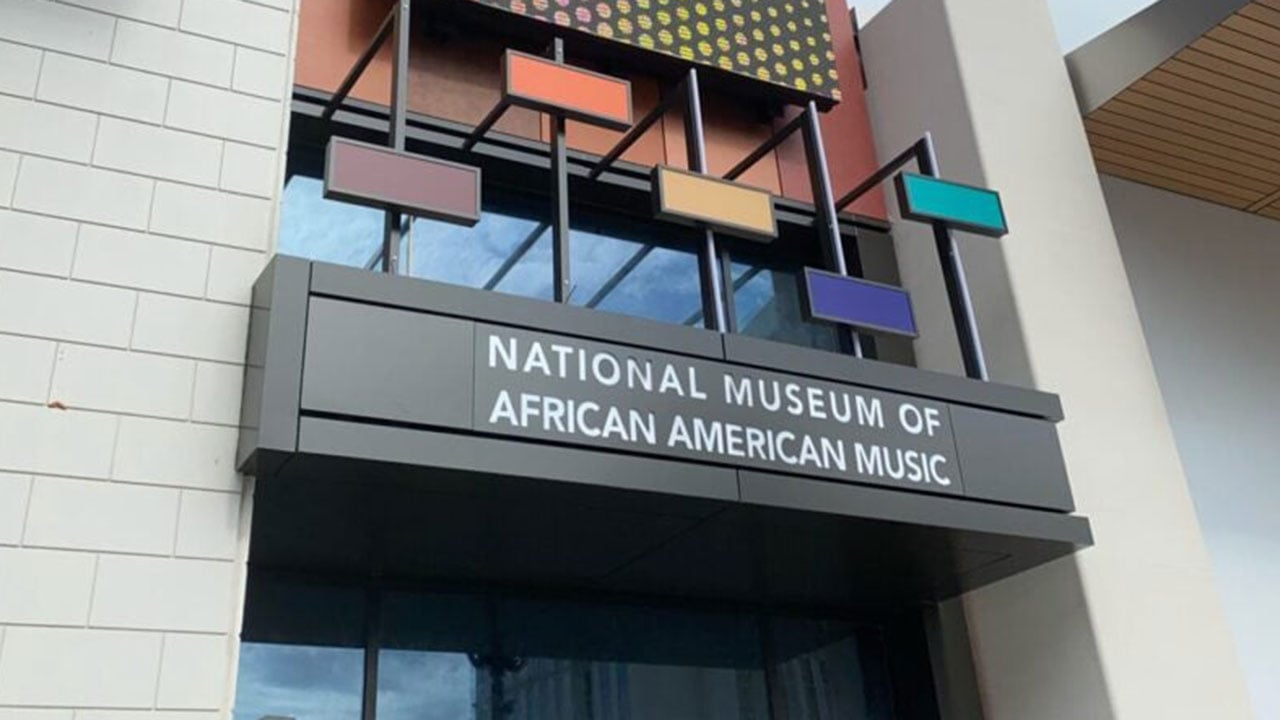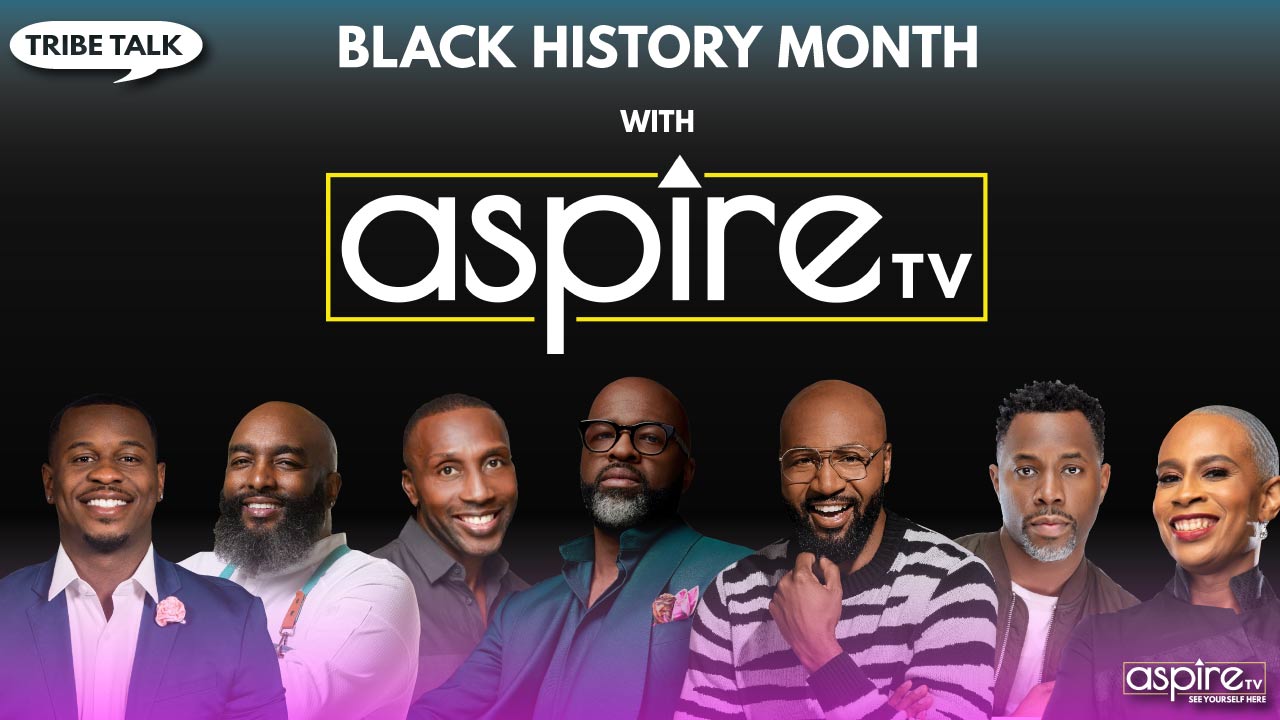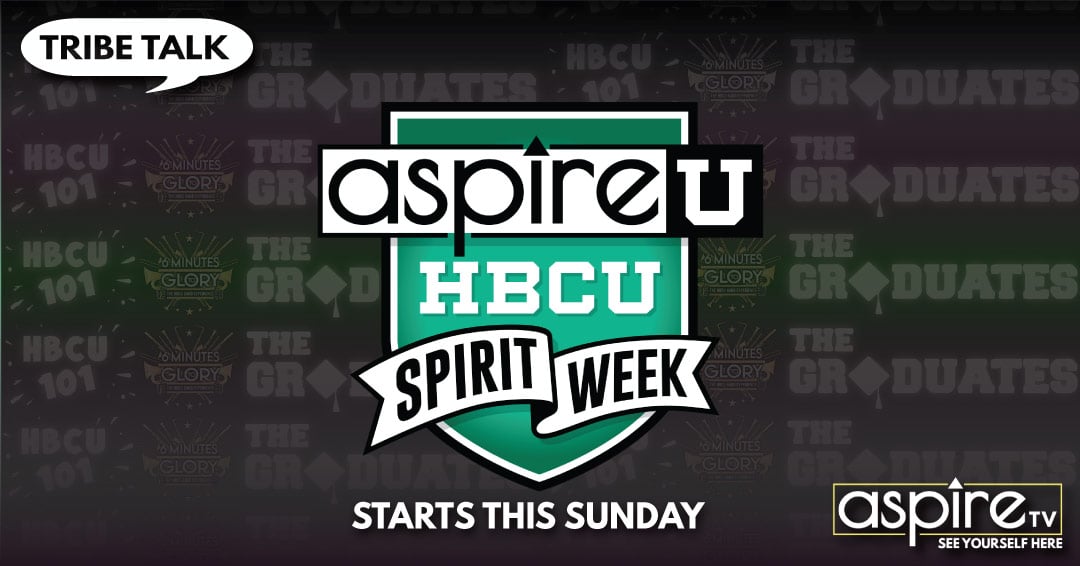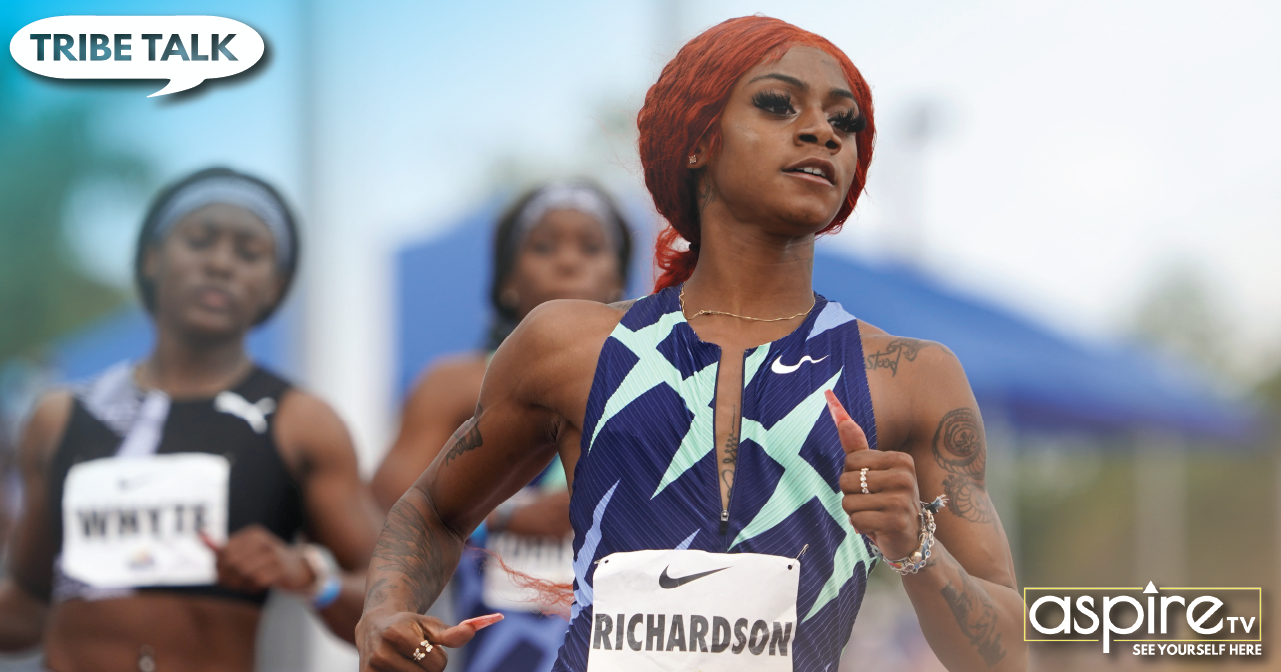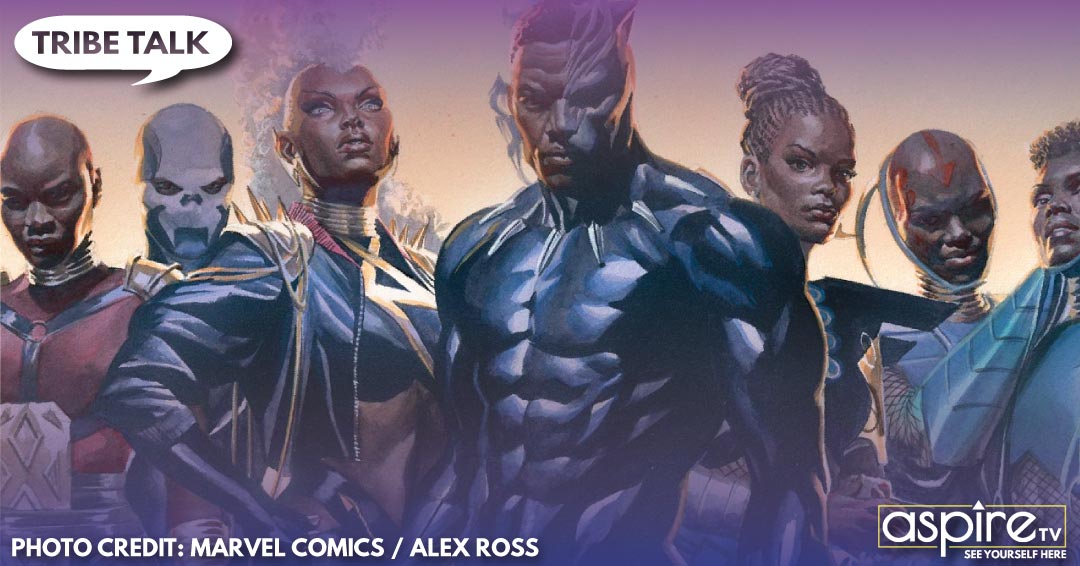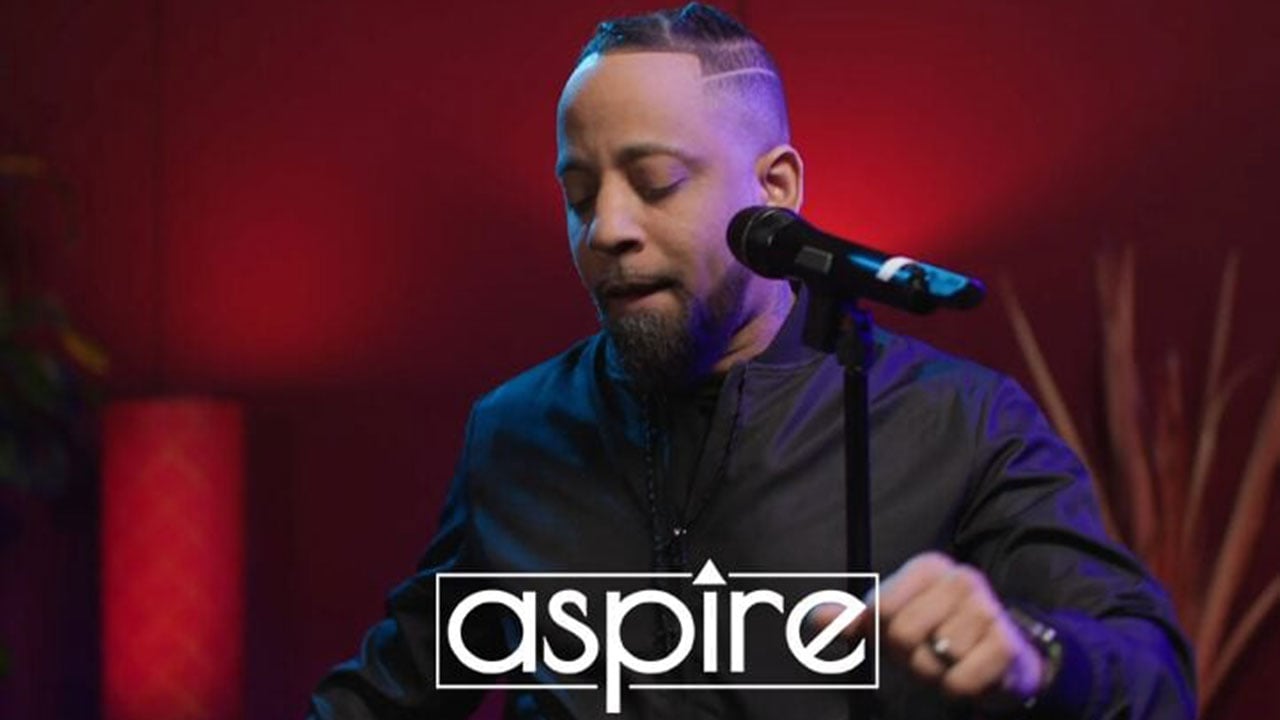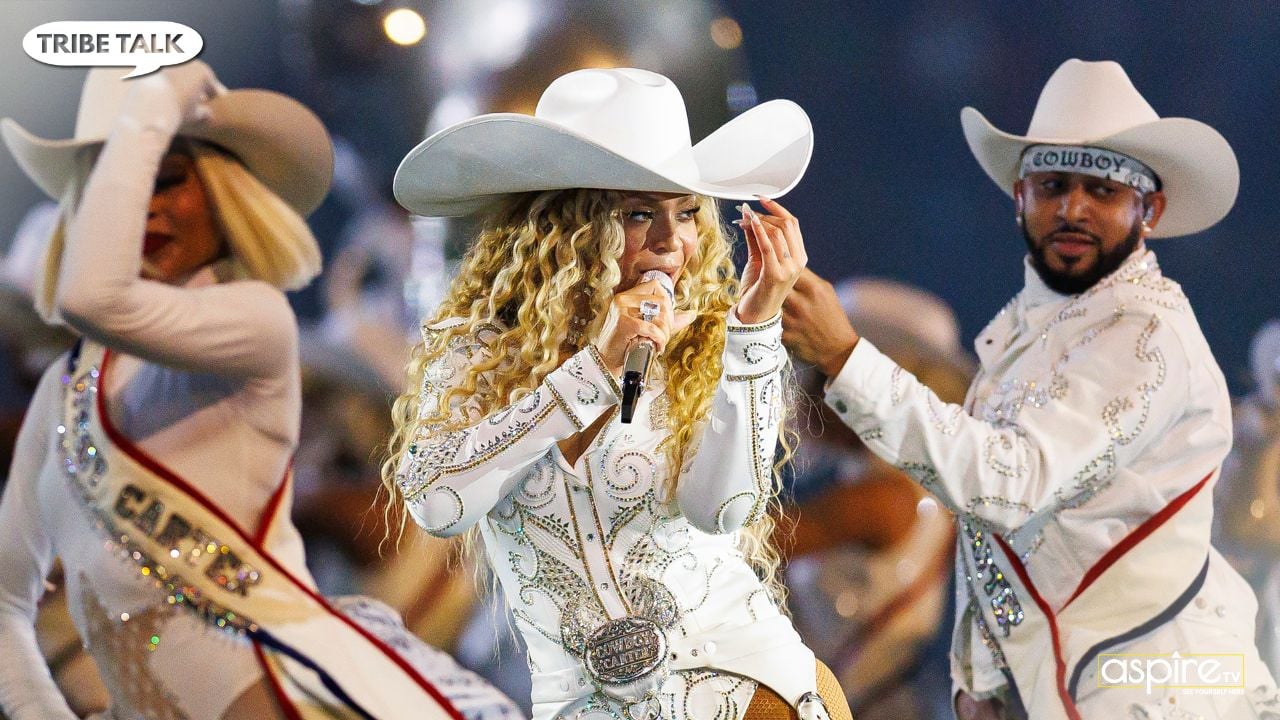

The Untold Story Of Black Cowboys And Cowgirls: More Than A Footnote In American History
One cannot celebrate the National Day of the Cowboy (NDOC) without acknowledging the role that Black men and women had in the American West.
Celebrated in 14 states on the fourth Saturday of July since 2005, NDOC is a day set aside to celebrate the contributions of the cowboy and cowgirl to America’s culture and heritage. In recent years, films like The Outlaw Johnny Black, The Harder They Fall, and Concrete Cowboy have shown a more accurate display of the history of Black cowboys and cowgirls. In past years, Hollywood had an approach to culture that was exemplified by amazing actors like John Wayne. Still, the only problem was that there were way more Black cowboys and cowgirls back then than are rarely highlighted when the history of the American West is told.
The History of the Black Cowboy.
According to a report from Smithsonian magazine, historians estimate that one in four cowboys were Black, despite African American cowboys not playing a part in popular culture. Cowboys like Nat Love, a man born into slavery near Nashville, Tennessee, who told the story of his life in a 1907 autobiography, with many passages said to “read like scenes from a John Wayne film.”
“Right after the Civil War, being a cowboy was one of the few jobs open to men of color who wanted to not serve as elevator operators or delivery boys or other similar occupations,” William Loren Katz, author of The Black West.
Black men like Bill Pickett not only used ranch work and cattle drives as an opportunity to pioneer the Black rodeo tradition, still in place today. In fact, the Bill Pickett Invitational Rodeo takes place in cities such as Memphis, Oakland, Atlanta, Los Angeles, and others, continuing to shine a light on the legacy established by Pickett.
Another pioneer, Myrtis Dightman, celebrated his 90th birthday in May 2025 and is referred to as the Jackie Robinson of bull-riding. He has a spot in the National Rodeo Hall of Fame and the Professional Bull Riders Ring of Honor, which are housed in the National Cowboy & Western Heritage Museum in Oklahoma City, known as Indian Territory, a pivotal stop in the history of the cowboy.
There Were Black Cowgirl Pioneers As Well.
While men like Pickett and Dightman laid the groundwork, Black women were also breaking barriers. Verna Lee “Boots” Booker Hightower was the first Black woman to compete in the Houston Livestock Show and Rodeo in 1969, excelling in barrel racing and helping pave the way for integration in both the arena and her community. Alongside her husband, she also helped desegregate schools in Houston, a true pioneer for civil rights and rodeo sports alike.
Fast-forward to today: the Cowgirls of Color, an all-Black female rodeo team founded in Maryland in 2016, continue to challenge the whiteness of the rodeo world. Members such as Selina “Pennie” Brown, Sandra “Pinky” Dorsey, Kisha “KB” Bowles, and Brittaney “Britt Brat” Logan made history as the first Black women’s team to compete in the Bill Pickett Invitational Rodeo. They now serve as a sisterhood, mentoring youth and challenging stereotypes in a male-dominated, predominantly white sport.
The Black Cowboy and Cowgirl Legacy Continues Through Today’s Art And Culture.
In December 2024, Beyoncé performed songs from her Cowboy Carter album live for the first time during the Beyoncé Bowl, which happened to take place in her hometown of Houston, Texas at NRG Stadium during the first Christmas Day NFL game to be broadcast live on a streaming platform by way of Netflix.
View this post on Instagram
Cowboy Carter, Beyoncé’s eighth studio album, is more than just a celebrating of her country roots, the project has been used to spotlight other pioneers in the country music space like Linda Martell, while also opening the door for today’s artists who have still been shut out with features from acts like Shaboozey, Reyna Roberts, Tanner Adell, Britney Spencer, Rhiannon Giddens, and Tiera Kennedy.
There were many nods to her home state sprinkled throughout the Christmas day halftime performance, but particularly, Dightman was seen riding shotgun in a white Cadillac just one car ahead of the white Cadillac occupied by Beyoncé. It was his first time taking a ride in an arena since 1989.
“She (Beyoncé) didn’t want to ride no bull, she wanted to ride in a Cadillac,” he joked in an interview with ABC13, where he also spoke about his bull riding legacy, noting that he still dreams of getting back out there, even in his old age.
As the first Black cowboy to qualify for the National Finals Rodeo, Dightman says he “really wanted to do something not too many more Blacks were doing.”
“I saw how the guy pulled a rope and things, and I said to myself, ‘I can do that,’” he said, reflecting on a career that spanned 40 years. “Canada. New York. I’ve been everywhere riding bulls.”
Beyond artists like Beyoncé, there are many others who have used their art to display Southern pride, and she even used her Cowboy Carter Tour to give a nod to 803Fresh, the one whose “Boots on the Ground: Where Them Fans At?” has been the soundtrack to every summer event from the 2025 Essence Festival of Culture to the spike in trail rides taking place in various states across the south, including Virginia, North and South Carolina, Georgia, and more.
It’s safe to say that whether attending a rodeo is your jam, or showing folks where your fans (and moves) at, or had the chance to witness Beyoncé’s love letter to American Southern culture, the Black West is just as alive as it was when it first became a means of survival for Black people following Emancipation.
Whether you love rodeo, respect heritage, or have seen Beyoncé’s Southern love letter in action, know that the Black West is still very much alive. Thanks to icons such as Pickett, Dightman, Hightower, and the Cowgirls of Color, the essence of Black cowboys and cowgirls is galloping forward, no disclaimers needed.
—
Looking for more ways to celebrate Black culture? Catch your favorite shows and movies on aspireTV and stream even more anytime on aspireTV+—now available on Prime Video Channels, Xfinity, and RokuChannel! Stay connected and explore more stories with our latest Tribe Talks.
